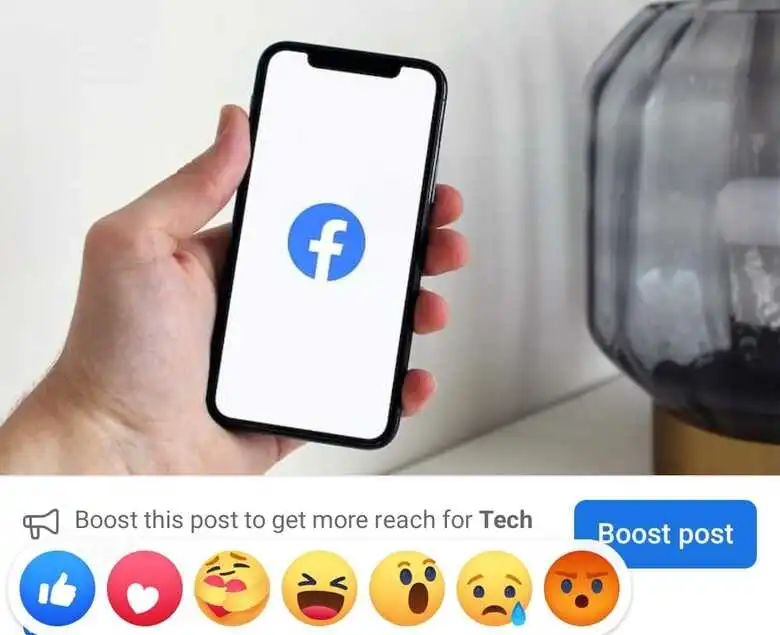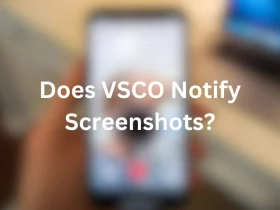Have you noticed a sharp drop in Facebook comments? You can’t use reactions right now for a reason, so it’s not just in your head. Emoji reactions to posts have been temporarily prohibited on the well-known social media site Facebook owing to a technical problem. Many users are perplexed as to why they aren’t able to express their feelings through the typical spectrum of like, love, laughter, sadness, and angry reactions as a result of this constraint.
Let’s discuss the causes of why you can’t use reactions right now and when these reactions will be available again. Learn in this article how to manage this transition while maintaining contact with your loved ones.

Why Can’t I React to Posts on Facebook?
One of the biggest social networking sites in the world, Facebook aims to offer a seamless user experience. However, any online network, including Facebook, is prone to technological problems and upgrades. The reason you can’t use Reactions right now is that they are currently unavailable due to a technical issue that has caused this function to be temporarily disabled.
Although difficult for users who are used to expressing their feelings through reactions, it’s vital to remember that these problems are frequently transient and will eventually go away. Other reasons why you can’t use reactions right now on Facebook are:
1. Technical Problems
Like any other online platform, Facebook occasionally experiences bugs or difficulties impairing particular features. Reactions may become temporarily unavailable due to these problems, which can impede their functionality. The engineering teams at Facebook make a concerted effort to locate and fix these issues as soon as they arise.
2. Upgrades and Maintenance
Facebook upgrades its platform frequently to improve security and user experience. To ensure a smooth transition, some functionality, such as reactions, can be momentarily disabled during these changes. This is done to implement new features, boost performance, or fix security flaws. Reactions are often reinstated after the upgrades are finished.
Related: How to hide Facebook Marketplace Listing from FB Friends?
3. Testing and Experimentation
Facebook frequently runs tests and experiments to determine user reactions and get input on new products or modifications. As part of these tests, reactions might occasionally be restricted or turned off for particular user groups. This enables Facebook to weigh the effects of such changes and decide how best to execute them.
4. Regional Limitations
Reactions may be disabled or restricted in particular places due to statutory or regulatory regulations. Local laws and policies may affect these limitations, and Facebook must abide by them as necessary.
5. Account-Specific Issues
Reaction limits may occasionally apply to individual accounts due to transgressions of Facebook’s community standards or terms of service. Depending on the seriousness of the breach and Facebook’s regulations, such restrictions may be temporary or permanent.
Related: Can Facebook Notify Search History?
How to Fix This?
Unfortunately, an individual user can do nothing to directly address the problem if they suffer a temporary restriction on Facebook reactions. The technical staff at Facebook will decide how to proceed. However, there are a few things you may do to assist the problem perhaps get better:
1. Remain Informed
Watch out for updates and announcements regarding the restriction on Facebook’s official channels. The newsroom, social media pages, and blog Facebook are trustworthy information sources. They frequently offer perceptions of lingering problems and the direction they are headed toward.
2. Clear Cache
Sometimes, temporary problems, such as limitations on Facebook reactions, can be resolved by clearing the cache in your web browser or the Facebook app. To clean the cache on your mobile devices, do this:
- Android: Select Apps or Application Manager from the Settings menu on your smartphone. Locate the Facebook application, tap on it, and choose “Storage.” Lastly, select “Clear cache” or “Clear data.”
- iOS: Open the Settings app, find the Facebook app by scrolling down, and tap on it. To delete and reinstall an app from the App Store, press “Delete App” and “Offload App” to clear the cache.
3. Patience Is Key
Recognize that it may take some time to address and fix technical issues. The technical and engineering staff at Facebook are probably putting much effort into finding and fixing the issue’s root. Temporary limits on reactions typically end within a reasonable amount of time.
4. Explore Alternative Means of Communication
You can still interact with postings through other channels even if reactions aren’t available. Send direct messages, share content, or comment to share your ideas and feelings. Thanks to these possibilities, you can interact and chat with other users on the platform.
5. Report the Problem
If you think the restriction isn’t a general problem and might be unique to your account, consider contacting Facebook’s support staff. To locate the proper channels for reporting technical concerns, go to the Help Centre or support pages on the Facebook website.
Remember that you have little power to change technical limits as a user. The best action is to remain informed, practice patience, and use alternative communication channels until Facebook’s technical staff removes the limitation.
Related: How to Facebook Marketplace location to local?
FAQs
Why is my Facebook saying I can t use reactions right now?
There could be several reasons why your Facebook account is currently unable to use Reactions. Here are a few possibilities:
1. Technical issue
2. Account restrictions
3. Temporary block
4. Regional restrictions
Can you turn off reactions on Facebook?
Currently, Facebook does not offer a built-in feature to completely turn off reactions to your posts. Reactions, such as Like, Love, Haha, Wow, Sad, and Angry, are an integral part of the platform’s engagement system.
However, there are a few alternatives you can consider if you want to limit the use of reactions on your Facebook posts:
1. Change your privacy settings
2. Disable comments
3. Create a Group or Page
How long does Facebook block you from liking posts?
The duration of a Facebook block can vary depending on the specific circumstances and the severity of the violation. Facebook employs automated systems that detect and enforce its community standards and terms of service.
How long does Facebook restriction last?
Depending on the circumstances, the duration of a Facebook restriction can range from a few hours to several days or even longer. Facebook’s algorithms and policies typically determine the duration, taking into account factors such as the severity of the violation, the account’s history, and whether it’s a first-time offense or a repeat offense.
Why You Can’t Use Reactions on Facebook?
You can’t use the reaction on Facebook because of these reasons:
1. Regional Limitations
2. Account-Specific Issues
3. Testing and Experimentation
4. Upgrades and Maintenance
5. Technical Problems
Conclusion
‘Why can’t I react to posts on Facebook’ is a common question among users. While having a temporary restriction on Facebook replies can be annoying, users must navigate and adjust to the situation. During such times, it’s important to stay informed, consider alternative forms of communication, and practice patience.
Related:












Leave a Reply